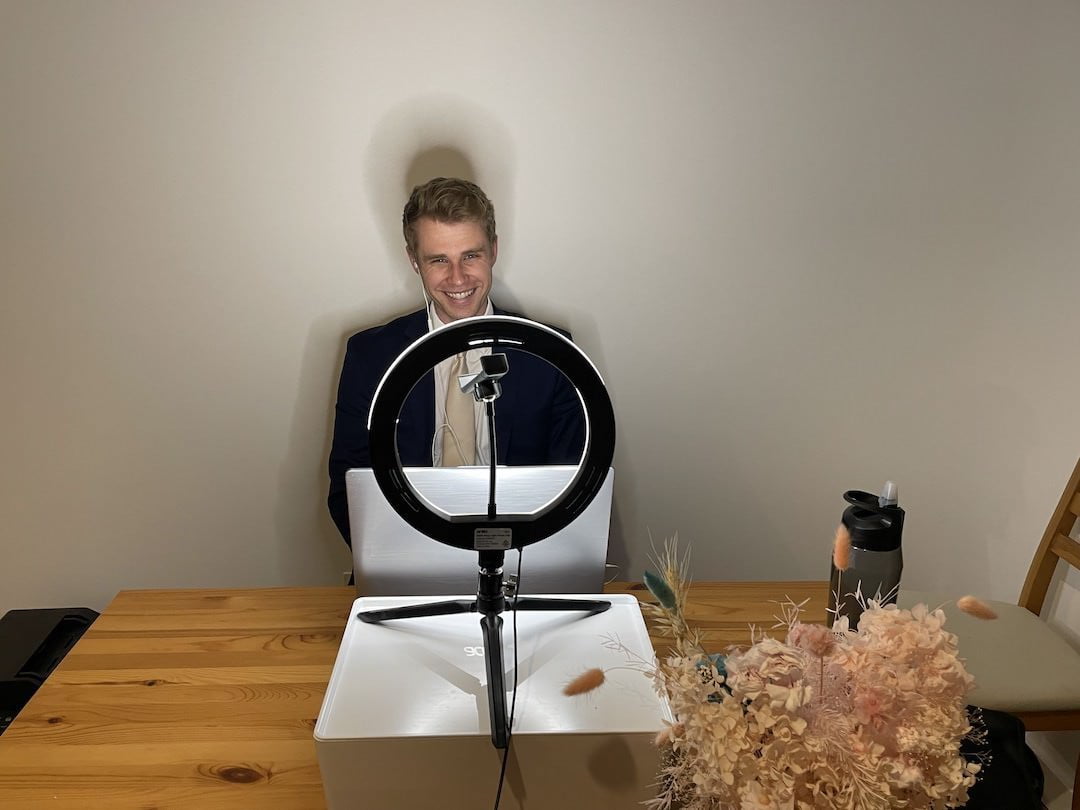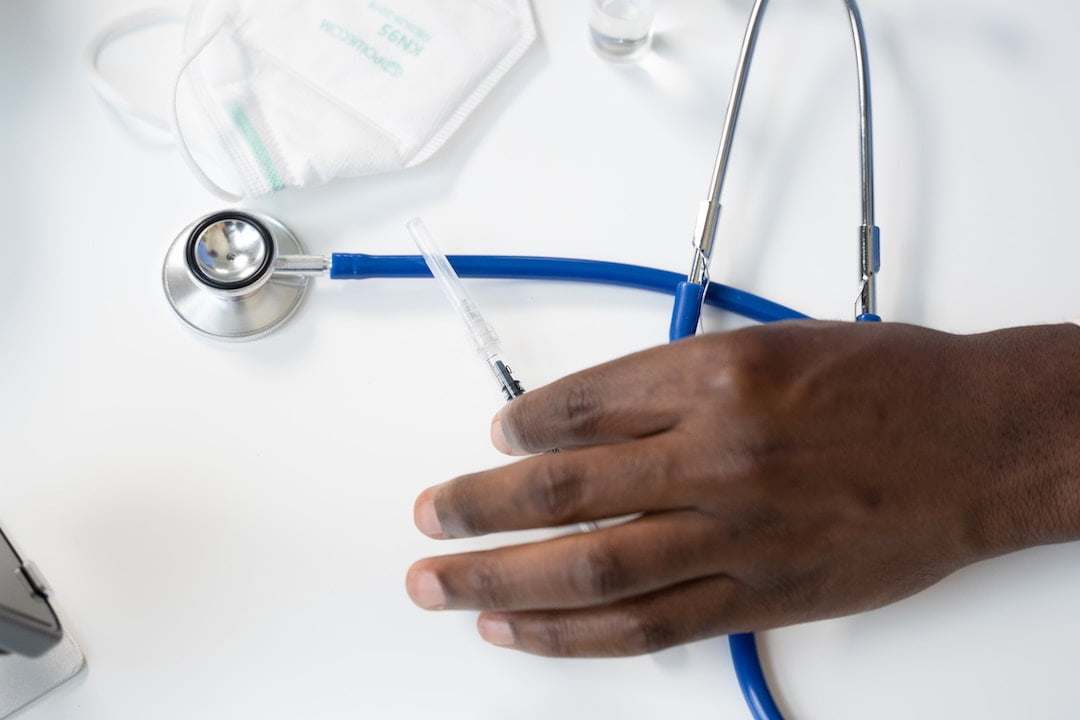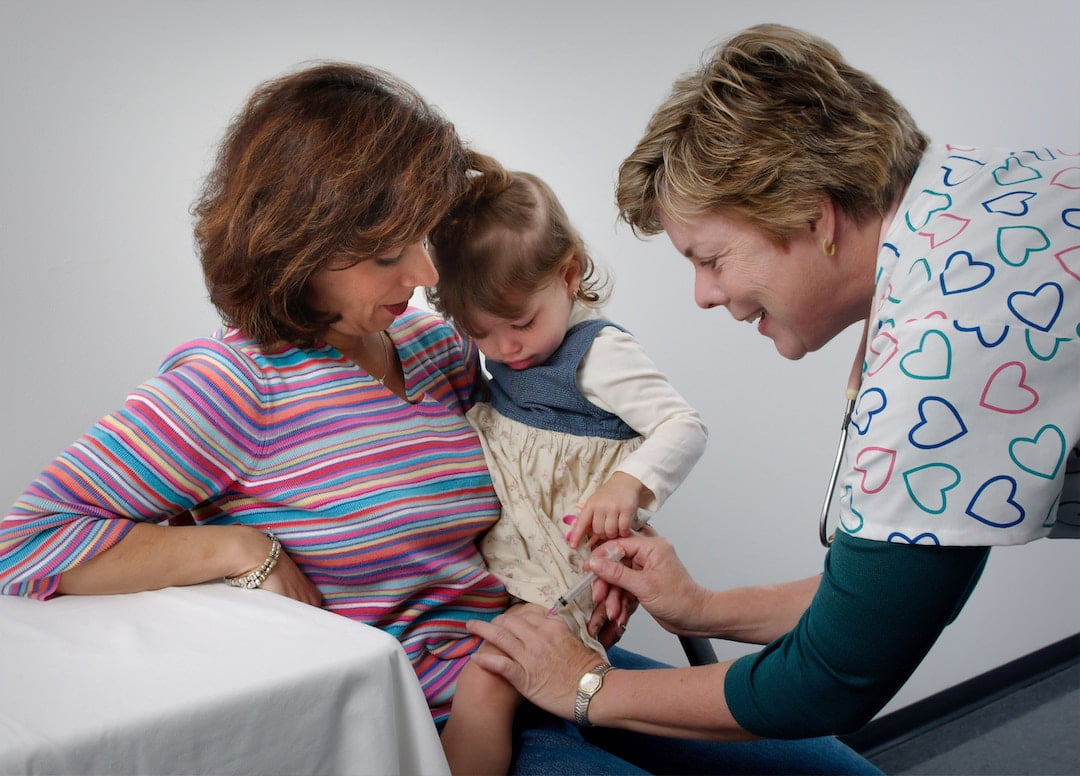Cleanbill is the website providing Aussies with up-to-date information about pricing and availability of GPs around the country.
We spoke to Cleanbill’s founder and CEO James Gillespie about his journey to creating this amazing service, and the state of Australia’s healthcare system.

James Gillespie, founder of Cleanbill
What inspired you to develop Cleanbill in 2017?
In 2017, I was at uni and working part-time as a Teacher Aide at a local primary school. The primary school had this PE teacher who was super fit and healthy. But one Monday, I came into the staff room and found that she’d injured her back, but she was worried about getting someone to take a look at it since she didn’t have a regular general practitioner (GP) and was struggling to find an available and affordable one.
I was shocked. I went home, did a bit of research and found that there simply wasn’t a website you could go to that showed GP clinics around you and let you filter them by cost and availability. I thought this was a service people could really use, so I decided to build it.
By the end of 2019, I’d personally spoken to over 3,000 receptionists and helped over 100,000 people find affordable medical and dental care. The process taught me a lot about the Australian healthcare system and showed me how even a small amount of extra information could have an enormous impact on people’s access to care.
How have Aussies responded to the website so far?
The response from Australians has been overwhelmingly positive so far. Since just the start of January this year, over 10,000 Australians have used Cleanbill to find an affordable and available GP around them, and hundreds more do so each week.
Cleanbill’s statistics have also resonated with Australians because we’ve gone into the community and asked GPs for their pricing and availability information in exactly the same way that people living in that community would.

What has the response been from GPs? How is the healthcare crisis impacting them?
Just like everyday Australians, both GPs and the professional bodies that represent them have been very supportive of Cleanbill’s research work. Government funding for GPs is outlined by the Medicare Benefits Schedule. While it’s supposed to increase every year, it was frozen at 2013 levels until 2018. And when they started to rise again in 2018, they rose from the 2013 levels, not from the levels that they would have been at had they not been frozen in the first place.
While payments to GPs from the Government weren’t rising, all the costs of running a GP clinic were. And this forced more and more GPs to abandon free consultations and start charging their patients an out-of-pocket fee. I think there’s a growing recognition in the profession that, as GPs need to increase their prices to remain economically viable, information about these prices needs to be made available to the general public.
What was the greatest challenge you faced when putting together your database?
There are two major challenges I’ve faced in bringing the Cleanbill database to its current state.
The first was finding the information. There is no comprehensive list of clinics available anywhere, so I had to build a completely new way to research and verify the existence of clinics.
The second major challenge was presenting the information we gathered in an accessible way. My goal has always been to make finding a doctor through Cleanbill as seamless and accessible as possible. I’m always looking for ways in which we can improve the way that our information is presented.

In your opinion, what is the biggest challenge Australians face in their search for quality healthcare?
The biggest challenge is a lack of information.
Until Cleanbill created it, there was no comprehensive, searchable database of GP clinics available anywhere. 1 in 4 GP clinics don’t have a website. And of those that do, only 10% display their pricing information online, with fewer than 1% indicating whether they’re taking on new patients.
The only way we overcome this challenge is by providing Australians with the information they need. That’s exactly why Cleanbill is so important.
Were you surprised by the results of your 2023 Health of the Nation Report?
When I saw the report results for the first time, I was shocked.
The most surprising results for me weren’t in the Report itself though, but the Electorate Breakdown which outlined the availability rates, bulk billing rates and out-of-pocket costs for all 151 Commonwealth Electoral Divisions. It revealed that available, bulk billing doctors no longer existed in four electorates across Australia, some spanning large tracts of the country. Not to mention the countless electorates where available bulk billing rates are below 20%, leaving millions of Australians with limited options for receiving affordable primary care.

What can we do to improve the state of Australia’s healthcare system?
If we’re to have any hope of saving our universal healthcare system, definitive policy action needs to be taken by both State and Federal Governments to start to reverse the trends over the last 5 years.
Of course, any policy action taken would take time to implement. And, in that time, Australians are still struggling to make the most of a healthcare system. Cleanbill is one of the few solutions on the ground right now, and the only organisation providing solid data on the current state of primary care in Australia. It would be my hope that any policy solution would be informed by Cleanbill’s research and account for the work that Cleanbill is already doing.
How will the current healthcare debate help to fuel change in the sector?
The biggest challenge when trying to incite change in the healthcare sector is keeping the public’s attention. It’s difficult to maintain interest in a debate on the finer policy points of one of the most complex healthcare systems on Earth.
I think we are starting to see this change, though. And it’s working by reducing the debate to a simple question: are you able to see a doctor when you need to? This allows everyone to continuously engage in a broader healthcare conversation, and keep pressure on decision-makers.
What is next for Cleanbill?
Expansion. The need for a service like Cleanbill across every area of healthcare in Australia is immense, and I intend to do everything I can to ensure Cleanbill can expand into servicing these areas as soon as possible.
To discover how technology is supporting Aussies in other industries, click here.

